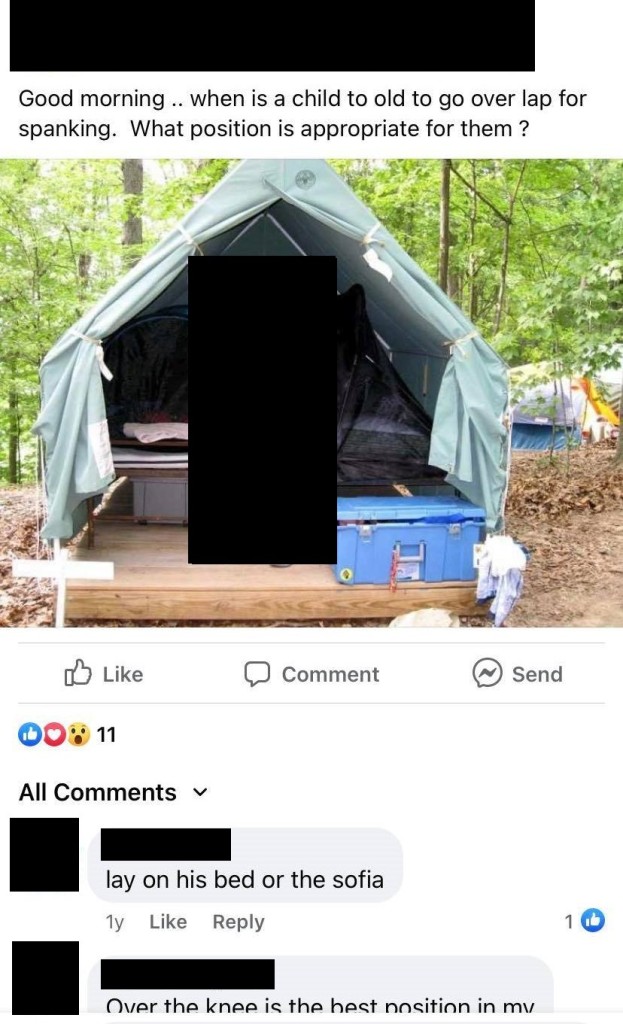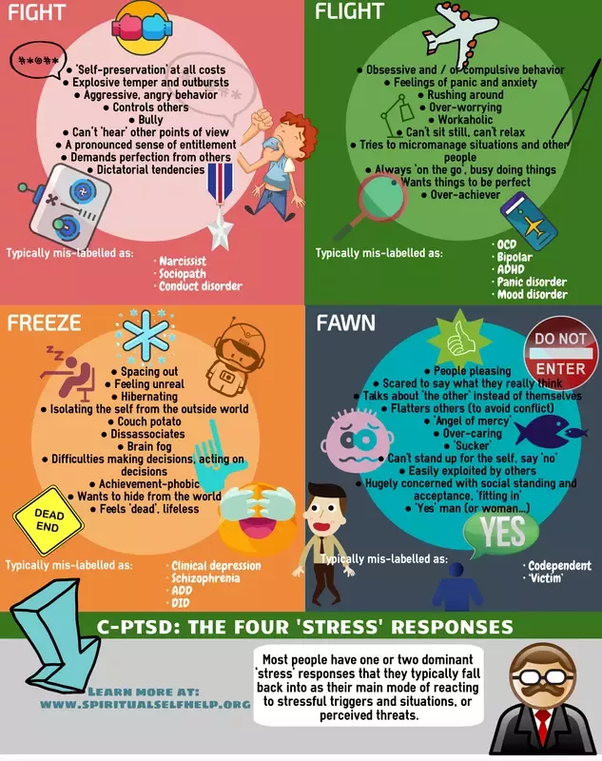Trivia: Where does the phrase, “Spare the rod, spoil the child” come from? If you said the Bible, you’d be dead wrong. In fact, when you learn where it’s actually from, you’ll probably not want to use that phrase anymore.
“Spare the rod” is a line from a 17th century poem called Hudibras by Samuel Butler that mocks Christian values. (Check out Part 2, Canto 1, line 844.) In this erotic poem, a man is trying to woo a woman who encourages him to submit to aphrodisiac flagellation. The “rod” serves a double purpose, both referring to the whipping and to his penis.
Jokes aside, I figure that’s not what most people intend when they use this humorous phrase. They’re probably referring to Proverbs 13:24 which reads, “Those who spare the rod hate their children, but those who love them are diligent to discipline them.” (NRSV) There has been much pushback from scholars who have conducted word studies on this passage. In short, reading this verse in its original language clearly indicates that the “rod” is a source of guidance and protection rather than punishment. Dr. Stacey Patton provided a fantastic overview via Facebook in 2016 and others have done similar work.
I won’t belabor this perspective, as it has been well covered elsewhere. The purpose of my piece is to talk about why Proverbs exists in the first place, with all of its apparent contradictions. For instance, in one place, we see what looks like an admonition to beat children with the rod of correction, while another verse declares that “a soft answer turns away wrath, but a harsh word stirs up anger” (Proverbs 15:1 NRSV). So, which is it? I’m glad you asked!
The book of Proverbs is the second book written by King Solomon, which is chock full of practical advice. Each piece of wisdom is intended to be thoughtfully considered and wrestled with. It is not enough to accept the surface meaning. Insightfully, Torah.org explains of Proverbs, “Much can be learned about the human mind by thinking about why two particular ideas were placed next to each other; why this verse would have been just like the last one… except for that small, almost insignificant difference and what the words actually mean. One can learn how to decide logically between two choices, how to make use of experience to avoid repeating mistakes and from what to stay away while chasing after a goal.”
The underlying mission of Proverbs is to communicate the wisdom of King Solomon, who is referred to as the wisest man to ever live and who still inexplicably fell victim to foolishness. Proverbs illustrates how futile it is to try to put God into a box or to claim wisdom unparalleled for ourselves as though we are not prone to the same faults that plagued King Solomon. Verses in Proverbs are juxtaposed in order to draw out the essence of truth, not just the literal meaning of the words. And, King Solomon utilized the same exaggeration and figurative language in Proverbs that we see throughout the Bible. These rhetorical devices serve the purpose of highlighting degree of importance, and it takes careful consideration to discern just how literal of a read we should be applying to any given verse.
It’s especially important to understand that truth and accuracy were not synonymous at the time Proverbs was written the way they are today. Take the example of the two competing creation stories in Genesis, both of which were intentionally placed together and both of which serve humanity’s understanding of the “why” behind our creation. Critics of Abrahamic faiths point to seeming contradictions throughout the Bible as evidence that the Bible is unreliable, not understanding the spiritual value imbued in these differences. Modern Christians must become comfortable with biblical truth not necessarily coinciding with a literal reading. If we fail to do this, we miss important contextual cues that the Hebrews would have instinctively understood through cultural conditioning.
If we’re going to take Proverbs seriously, we have to do so on the terms of its originating culture, which means we must consider what the Rabbis said. And, we know what the Rabbis said because we have a book of oral tradition: The Talmud. The Talmud is a compilation of rabbinic discussion on the Torah, and it is composed of two parts. First, there is the Mishnah, which is a compendium of oral law. Second, there is the Gemara, which comes in the two versions (Babylonian and Jerusalem), and is a record of rabbinic discussions around topics in the Mishnah. The Mishnah was standardized over the course of many centuries.
Rabbi Jack Abramowitz of JewInTheCity.com elucidates the relevance of the Talmud in any discussion of spanking that references Proverbs 13:24. He explains:
…are people taking this verse too literally? How do the classical commentators explain it? Disappointingly, though perhaps not surprisingly, most of the commentators understand that it isn’t a metaphor, it literally refers to disciplining one’s child. But that still doesn’t mean that one should strike one’s child with a stick. In fact, it very much doesn’t.
You see, the Torah was written to be understood by the audience that received it. It speaks about loading donkeys, oxen treading grain, and women delivering babies on birthing stools – things to which most of us cannot relate. It doesn’t talk about DNA or black holes or flatscreen TVs because these are concepts that would have been incomprehensible to the original recipients. Similarly, if King Solomon (the author of Proverbs) wanted to discuss disciplining children, he was going to use corporal punishment as his illustration because time-outs didn’t exist, and I suspected that neither did grounding or docking allowances.
This is not just wishful thinking on my part; let’s examine the sources.
First of all, striking another person is seriously frowned upon in Judaism. Deuteronomy 25:3 tells us that someone sentenced to the penalty of lashes may not be struck more than the designated amount (a maximum of forty lashes). First the Torah tells us that “the wicked one deserves lashes” (25:2), but then we are told that we may not exceed the court-imposed amount because if we do, “your brother will be degraded.” The Sifre, quoted by Rashi on 25:3, demonstrates that before the punishment is administered, the offender is considered “wicked.” After he has paid his penalty, he is once again called “your brother” and it is forbidden to strike him. If we’re not allowed to strike a convicted criminal more than absolutely necessary, it should go without saying that we may not strike someone who was not so sentenced by the courts – not even if their behavior bothers us!
Striking someone outside of the context of court-ordered whiplashes is actually considered evil. In Exodus 2:13, Moshe asks “the wicked one,” “Why will you strike your friend?’” The Talmud in Sanhedrin (58b) points out that the person is called wicked just for raising his hand, even though he has not yet delivered a blow.
The Talmud in Moed Katan (17a) prohibits a parent spanking an older child, based on the principle that we may not do something that will cause others to sin (lifnei iver). The child might respond by cursing the parent or striking back – both serious sins – and the parent would be responsible for provoking that reaction. The Ritva (13th century) says that “older child” isn’t exhaustive. For sure one may not strike a child above the age of bar or bas mitzvah but, additionally, one may not even strike a younger child who is likely to retaliate in words or deeds. Rav Shlomo Wolbe (20th century) suggested that the cut-off for spanking would be age three.
Rav Wolbe’s position is not a mere concession to modern parenting. Peleh Yoetz (1824) says that even in the case of a young child, if the parents know that his nature is not to accept authority, they should discipline him using calm, soft tones.
True, the Rambam writes that a teacher may strike a student (Hilchos Talmud Torah 2:2) but that very same halacha specifies that he may not use a whip or a rod, but only a “small strap.” (So much for “rod” literalists!) And how big is a “small strap?” The Talmud in Baba Basra (21a) says no larger than a shoelace.
He goes on to explain that the Talmud dictates the strict use of the “gentlest form of effective discipline” and points out that there is no Torah obligation to use corporal punishment on children. None at all. The Torah simply does not condone spanking as punishment for children. King Solomon knew that.
A weak argument can certainly be made that Bible allows for the corporal punishment of children (largely by omission of the topic in the Law), but it is a gross misinterpretation to claim that the Bible prescribes it. What Proverbs demands is that parents coach and correct their kids, so that the children are brought up with values that orient them toward God. Now that we have substantial evidence that spanking is extremely harmful, Christians should honor the book of Proverbs and exercise the wisdom that King Solomon called us to. If you are still unconvinced, consider carefully Christ’s warning about leading a child to harm.
If any of you put a stumbling block before one of these little ones who believe in me, it would be better for you if a great millstone were fastened around your neck and you were drowned in the depth of the sea. Woe to the world because of stumbling blocks! Occasions for stumbling are bound to come, but woe to the one by whom the stumbling block comes! (Matthew 18:6-7 NRSV)
Woe to the adult whose treatment of a child leads that child to hate their parents, their life, or their God!
But, there’s good news. We can bypass the pitfalls inherent in controlling children through violence by rejecting our modern culture’s fixation on punishment and working instead toward fostering the “pleasant words” that are “like a honeycomb, sweetness to the soul and health to the body” (Proverbs 16:24 NRSV). After all, Proverbs 22:6 reminds us that what we teach our children about godliness is what guides them for life… not how effectively we hit them.
Recommended Readings on Gentle Discipline:
Punishments, Consequences, and Limits
Peaceful Parenting Won’t Work on My Child
Self-Assessment on Childism:
The Anti-Childism Scale
Rights Versus Freedoms




















